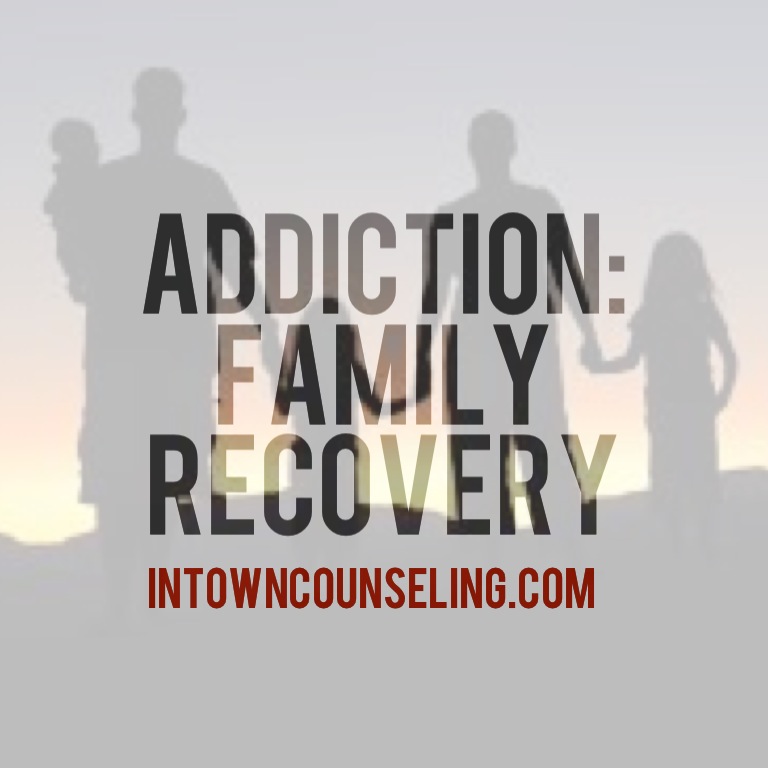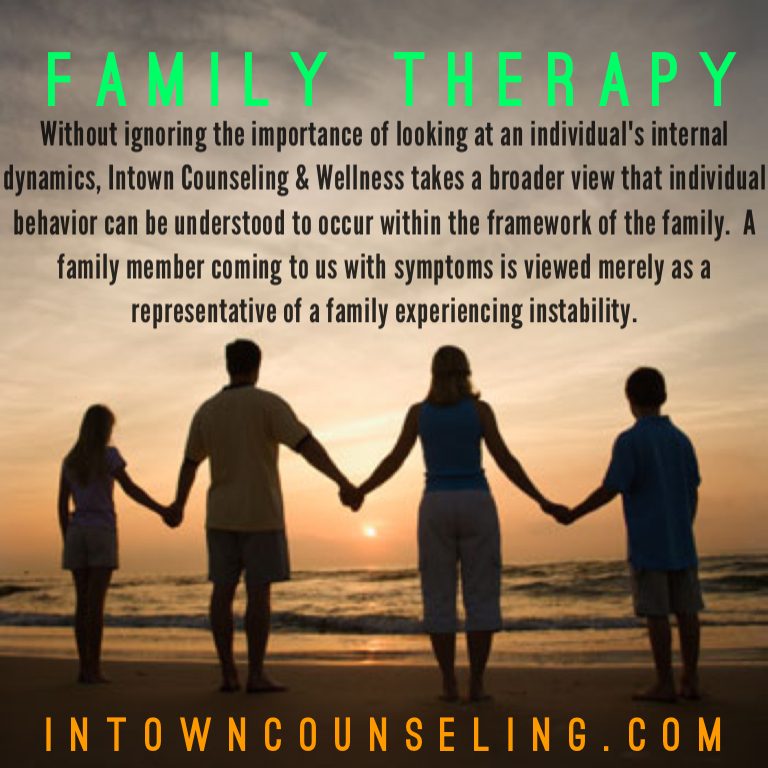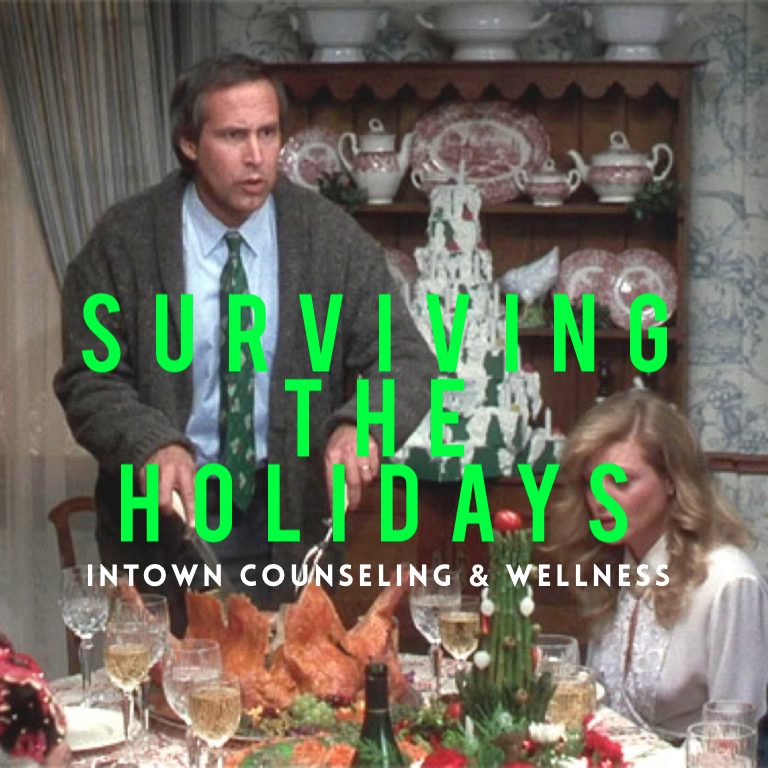Addiction & Family Recovery
Addiction is often defined as an illness not just of the individual, but of the entire family. Any change in the behavior of one family member affects not only each of the other family members, but the family system as a whole. When a family member has a problem with addiction, the family responds in a variety of ways, many of which are deemed unhealthy.
Family therapy, even in only a few sessions can be an invaluable tool in reducing the family’s feelings of guilt or confusion related to addiction. Family therapy can also be helpful in preparing a family for changes that are needed to enhance and maintain the addicted person’s recovery following treatment. Understanding some aspects of addiction and the roles a family adopts are a key to recovery for the addict and the family because insight and understanding can help us move forward and inform action.
A family often adopts rules of behaviors and roles so that the family can adjust to having a family member with active addiction. The rules and roles serve as survival techniques and are in response to and a way of dealing with the addiction in the family. They are an attempt to bring order and stability to an often chaotic and stressful family structure. Even though a family member might be in treatment and/ or early recovery, the rules will continue to operate within the family and be passed from one generation to the next, so a basic understanding is key.
There are four general rules that typically operate in a family struggling with addiction.
- The Rule of Rigidity
- The Rule of Silence
- The Rule of Denial
- The Rule of Isolation
The Rule of Rigidity—A family struggling with addiction is highly inflexible. It doesn’t adapt to change very easily and is fights to keep its family members in line. Its rigid behavior is an attempt to deal with the addiction within the family. An individual struggling with addiction is unpredictable and the family learns to anticipate the increasing variability of its addicted member. In order to maintain some stability, more and more rigid rules of behavior are imposed on the non-addicted family members.
The Rule of Silence—Families affected with addiction are bound by the rule of silence. They cannot talk about what is happening within their family. The rule of silence doesn’t just pertain to talking to people outside the family, but also restricts family members from talking to one another. It not only prohibits talking about the behaviors and actions of the family, but also discourages discussion about feelings. The family has a vested interest in keeping its members quiet about what is going on inside the family. If there were open and free communication, individual members would be forced to change. The rule of silence is often so strong that children who grow up in this type of family system have difficulty expressing themselves for the rest of their lives. The rule of silence operates at the expense of one’s emotional well-being and one’s ability to function honestly and openly in the world.
The Rule of Denial—The denial within a family struggling with addiction begins with the denial that there is any problem with addiction itself. As the behavior of family members becomes more and more dysfunctional, the denial becomes stronger and stronger. If the family system can effectively deny what is happening, it does not have to change. The people in this system are told to deny what they see, hear, and feel as if it’s not true. Not only are they told to ignore the behavior of the addicted member, but they are also supposed to pretend that nothing is wrong—to pretend that things are “normal.” It becomes increasingly difficult for members to differentiate between what is real and what is pretend. Over time members becomes less confident in their ability to trust themselves and others. In addition to denial of behavior, this concept also applies to denial of feelings, which are hard enough for most people to understand, but denial of one’s feeling creates additional confusion.
The Rule of Isolation—A family with rampant addiction is a closed system. It resists the movement of his members and resists adding outsiders as members. The members cling to each other emotionally, but rarely if ever become intimate. The family tries remaining self-sufficient, believing that no one outside the system could understand and that no one outside the system should be trusted. The system cannot afford to have outsiders know what’s going on inside the system. As the family’s behaviors become more extreme, the family becomes more and more isolated.
To become a health person and a member of a healthy family system it is helpful to understand these rules because by identifying them, one has the ability to break the cycle. If the cycle is broken there is an opportunity to become healthy and lead a happy life. This process is neither easy, nor quick, but it is possible and there are many people who are breaking through the chains of rigidity, silence, denial and isolation. For more information about family therapy work at Intown Counseling & Wellness, please call our office at (404) 478-9890.
by Scott J. Leenan, MS, LPC, CRC






